Weeds can be a gardener’s worst nightmare, quickly taking over flower beds and vegetable gardens if left unchecked. While chemical herbicides are often used to combat weeds, they can be harmful to the environment, beneficial insects, and even your plants. Fortunately, there are natural and effective ways to manage weeds without resorting to chemicals. In this article, we’ll explore various methods for managing weeds organically, ensuring a healthy and vibrant garden.


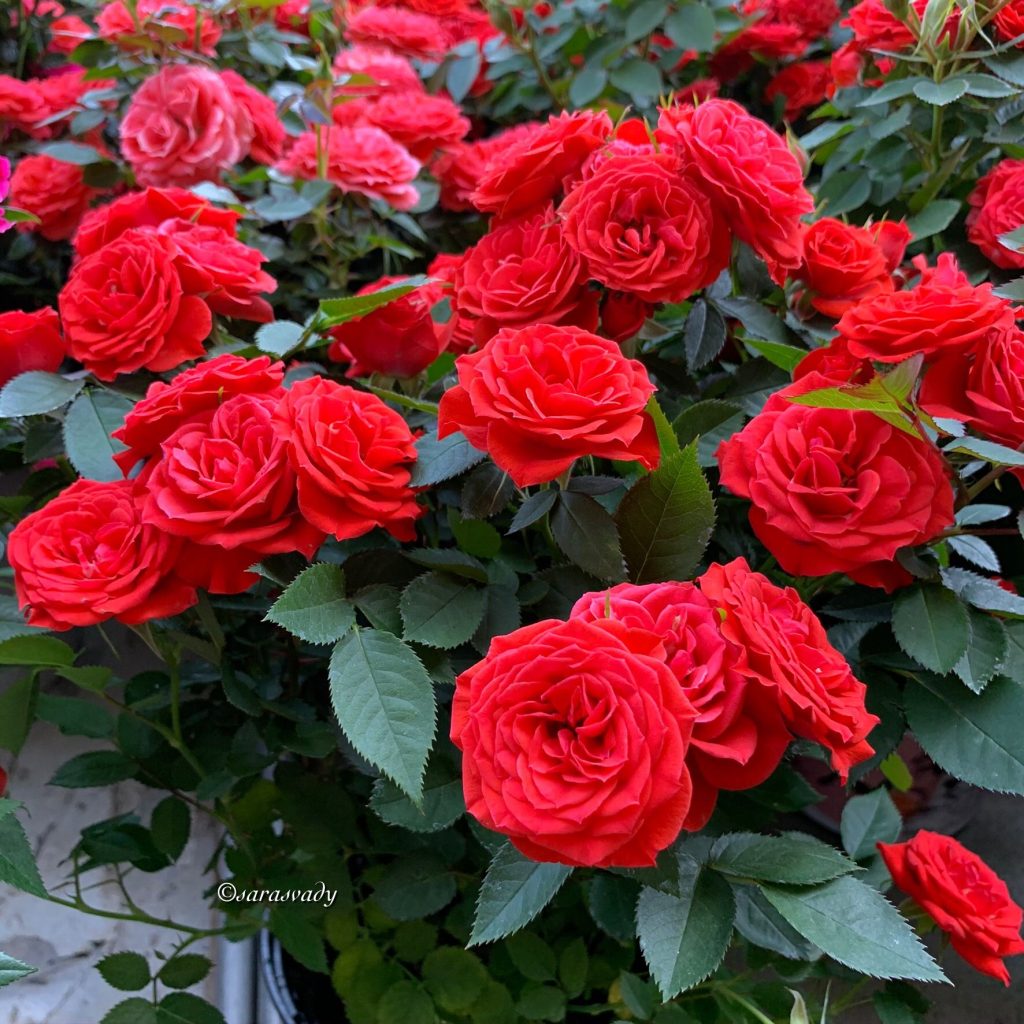
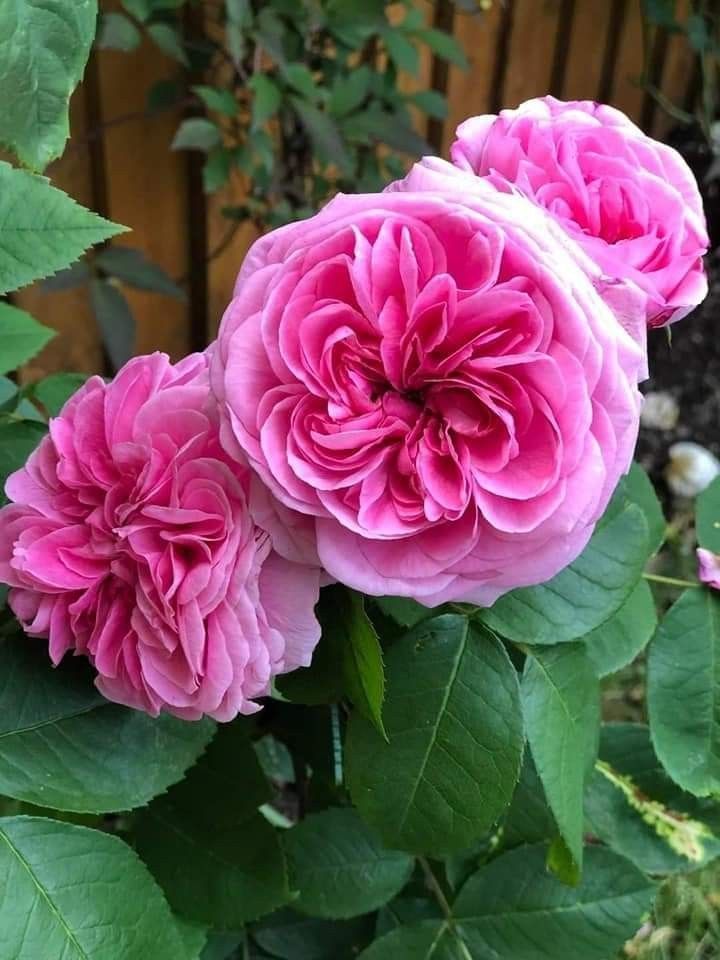


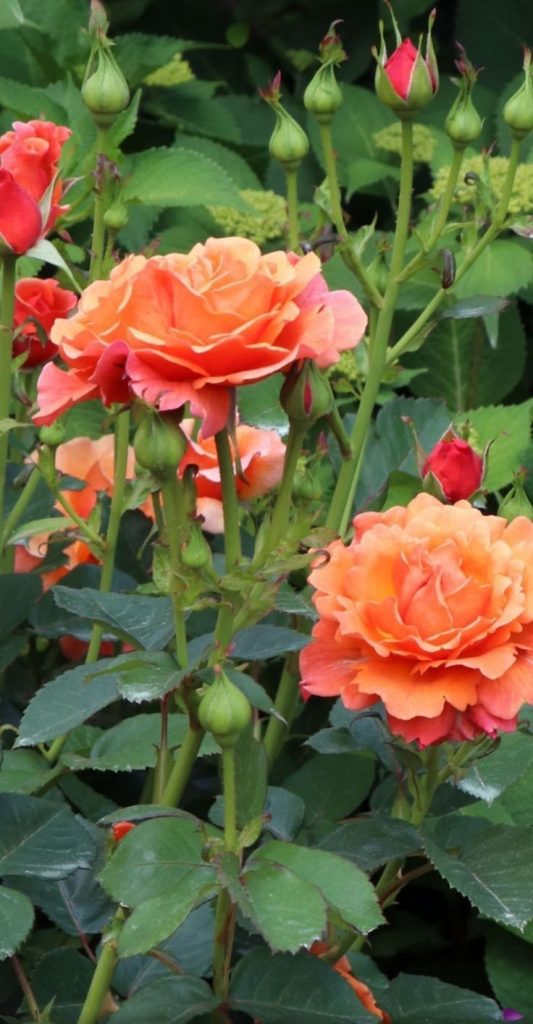
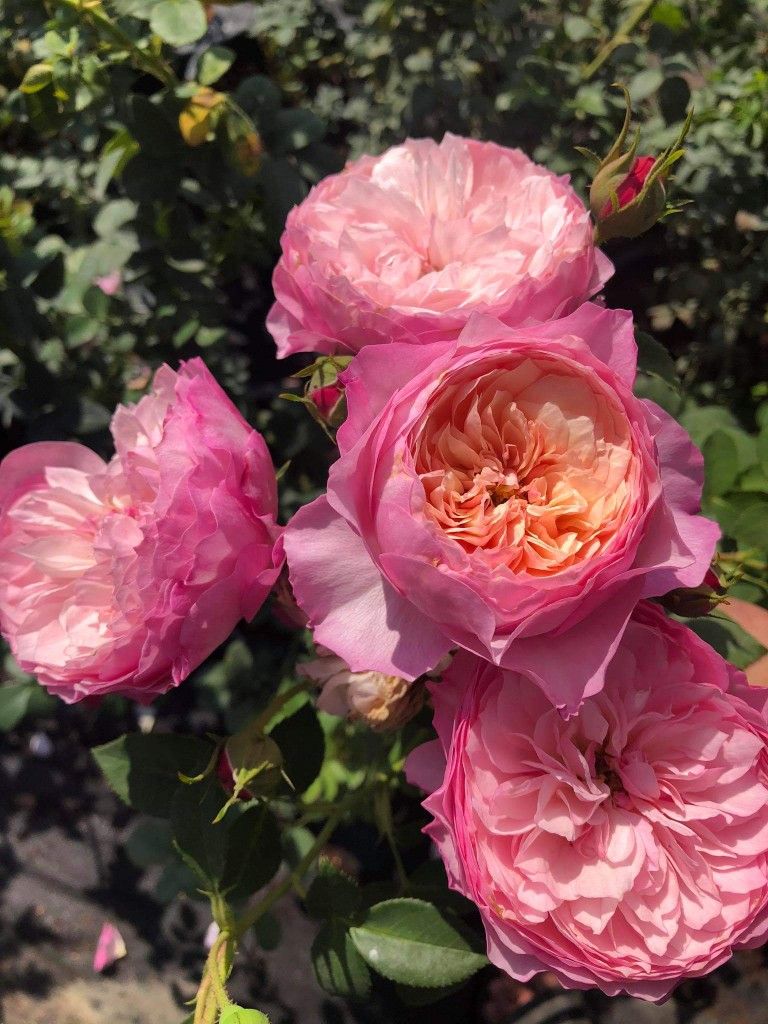
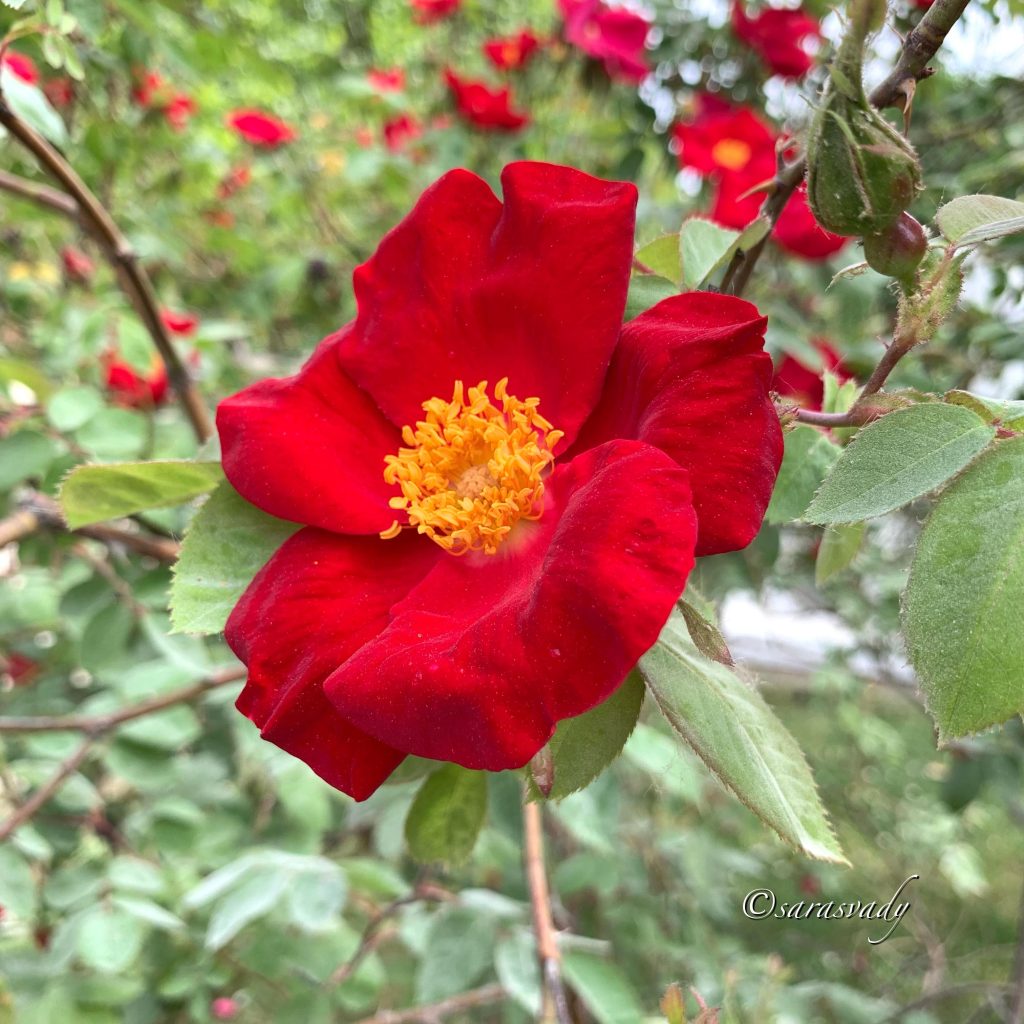

Understanding Weeds
Tip: Understanding the types of weeds you’re dealing with can help you choose the most effective control methods. Weeds can be categorized as annuals, biennials, or perennials, and each type may require different management strategies.
Manual Weed Removal
Hand Pulling
Tip: Hand pulling is one of the most straightforward methods for removing weeds. Grab the weed at its base and pull gently but firmly to ensure you remove the root. This method is best for annual and biennial weeds with shallow roots.
Using a Hoe
Tip: Using a hoe is effective for larger areas with weeds. Use a sharp hoe to cut weeds at the soil surface, ensuring you sever the roots to prevent regrowth. This method is suitable for annual and perennial weeds.
Mulching
Tip: Mulching is an excellent way to suppress weeds by blocking sunlight and preventing weed seeds from germinating. Use organic mulches like straw, wood chips, or leaves to create a thick layer around your plants. Mulching also helps retain soil moisture and regulate soil temperature.
Soil Solarization
Tip: Soil solarization involves covering the soil with clear plastic to harness the sun’s heat and kill weed seeds, pathogens, and pests. This method is effective but requires careful planning and several weeks of sunlight exposure.
Using Corn Gluten Meal
Tip: Corn gluten meal is a natural pre-emergent herbicide that prevents weed seeds from germinating. Apply corn gluten meal to your garden in the spring and fall to inhibit weed growth. Keep in mind that this method is not suitable for all plants, as it can also inhibit the growth of desirable seeds.
Vinegar Spray
Tip: A homemade vinegar spray can be an effective weed killer. Mix equal parts of white vinegar and water, add a few drops of dish soap, and spray the solution directly on the weeds. Be careful when using vinegar spray, as it can also harm desirable plants.
Boiling Water
Tip: Pouring boiling water on weeds is a simple and effective way to kill them. This method is best suited for weeds growing in cracks or between paving stones, as boiling water can also kill nearby plants.
Planting Cover Crops
Tip: Planting cover crops like clover or buckwheat can help suppress weeds by outcompeting them for space, nutrients, and sunlight. Cover crops also improve soil health by adding organic matter and nitrogen to the soil.
Conclusion
Managing weeds without chemicals is entirely possible with a bit of effort and the right strategies. By understanding weeds, practicing manual weed removal, using mulching, soil solarization, corn gluten meal, vinegar spray, boiling water, and planting cover crops, you can effectively control weeds in your garden without harming the environment or your plants.
Remember, regular maintenance and vigilance are key to keeping weeds at bay. By staying proactive and implementing these natural weed control methods, you can maintain a healthy, vibrant garden that thrives year-round.
So, put away the chemical herbicides and embrace these organic weed control methods. Your garden, the environment, and future generations will thank you for choosing a greener approach to weed management!